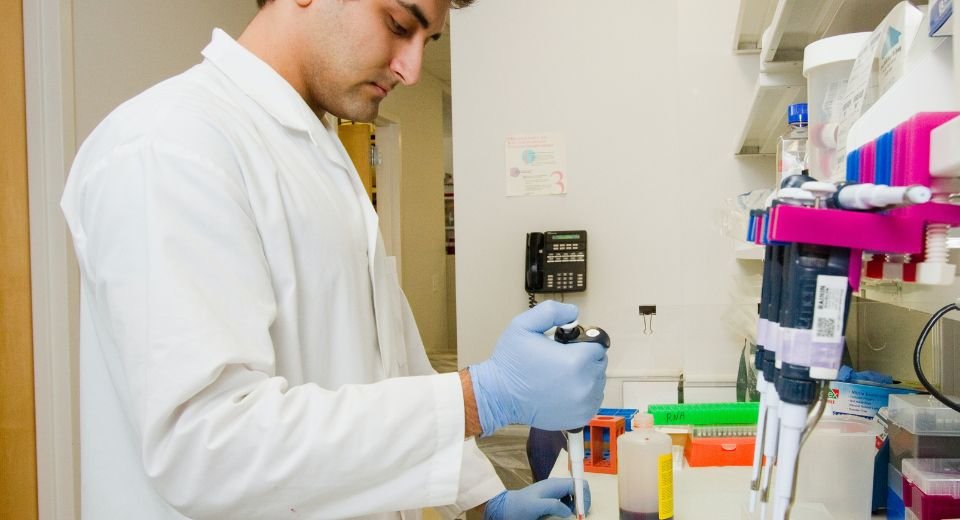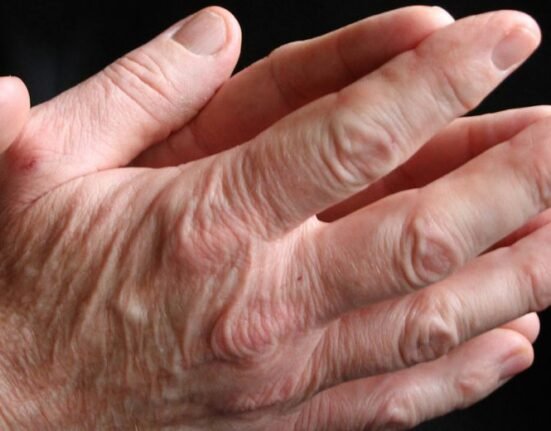HQ Team
June 21, 2023: British pharmaceutical company, GSK Plc’s vaccine against the respiratory syncytial virus has shown positive data on its efficacy to treat older adults during a phase III stage trial.
The results showed that one dose of the vaccine was efficacious against lower tract respiratory disease and severe lower tract respiratory disease caused by the virus, over two full virus seasons, according to a statement.
The trial evaluated the efficacy of a single dose of Arexvy against the virus in adults aged 60 years and older over multiple virus seasons and after annual revaccination.
Cumulative efficacy over two seasons in participants who received a second dose of the vaccine was 67.1%, suggesting revaccination after 12 months does not appear to confer additional benefit for the overall population.
Long-term follow-up
“The clinical development programme will continue to evaluate longer-term follow-up and the optimal timing for revaccination.”
Safety and reactogenicity data were consistent with initial observations from the phase III programme. The vaccine was “generally well tolerated,” according to the statement.
About 25,000 participants were enrolled from 17 countries for the trial The trial’s primary endpoint was vaccine efficacy against the lower tract respiratory disease after one virus season.
After the first season, 12,469 participants in the vaccine arm were re-randomized to receive either the vaccine or placebo and were followed up for the occurrence of the disease.
CDC presentation
GSK will present these data at the US Centers for Disease Control and Prevention’s Advisory Committee on Immunization Practices meeting on 21 June 2023.
The data will be submitted to the US Food and Drug Administration and other regulators for review.
Earlier this June, the European Commission authorised the vaccine for active immunisation for adults. Regulatory reviews in Japan and other counties are ongoing.
Respiratory syncytial virus is contagious and affects the lungs and breathing passages. Older adults are at high risk for severe disease due in part to age-related decline in immunity, and older adults with underlying conditions are at even greater risk for severe disease.








